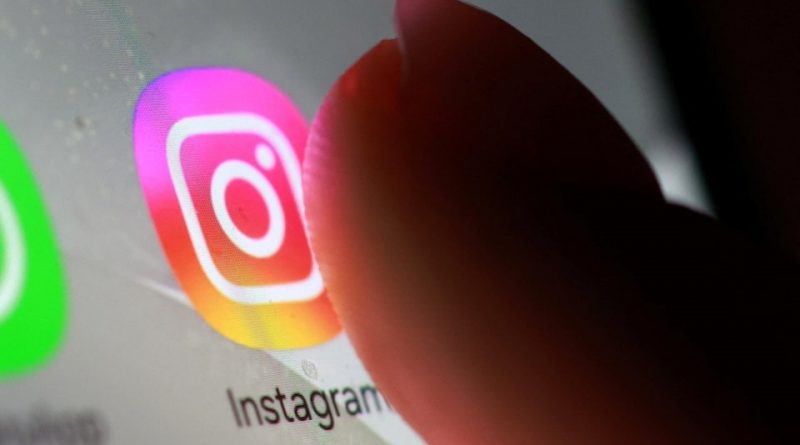Meta Wins Antitrust Case Over Instagram and WhatsApp Acquisitions
A U.S. judge ruled that Meta does not hold a social-media monopoly, rejecting efforts to unwind its Instagram and WhatsApp acquisitions and marking a rare victory for Big Tech in an ongoing antitrust crackdown.
Meta Platforms secured a major victory in a long-running antitrust battle when a U.S. federal judge ruled that the company does not hold a monopoly in the social media market.
The decision blocks an attempt to force Meta to unwind its acquisitions of Instagram and WhatsApp and marks a defining moment in the broader U.S. push to regulate big technology companies.
The ruling offers the tech industry its first clear courtroom win amid years of government scrutiny directed at market power, acquisitions, and digital competition.
It also deals a significant blow to the U.S. Federal Trade Commission, which had argued that Meta eliminated potential rivals and harmed innovation.
Meta welcomed the ruling, emphasizing that its platforms continue to play a role in digital communication, economic growth, and support for businesses across the country.
The company highlighted its intention to continue investing in new technologies and collaborating with policymakers on issues shaping the digital economy.
The FTC had sought to unwind Meta’s acquisitions of Instagram and WhatsApp, deals the agency did not challenge when they were completed more than a decade ago.
The lawsuit alleged that Meta acquired emerging competitors to maintain dominance over services that allow users to share updates, photos, and messages with friends and family.
During the trial, the FTC argued that Meta faced limited competition in the narrow market of social sharing among personal networks, identifying Snapchat and smaller platforms like MeWe as primary rivals.
The agency attempted to distinguish these services from broader entertainment-based platforms used for broadcasting content to large public audiences.
Meta countered by pointing to significant competition from TikTok, YouTube, and other rapidly growing platforms that have reshaped how people engage online.
The company maintained that consumer habits have evolved dramatically, reducing reliance on traditional personal-sharing apps and expanding the digital landscape.
Judge James Boasberg agreed that the market has transformed and that newer platforms now play central roles in how users communicate, create, and discover content.
He noted that TikTok in particular has become a major source of competition, and excluding it from the market definition weakened the FTC’s argument.
Boasberg ruled that the FTC did not prove Meta maintained unlawful monopoly power, citing the dynamic nature of the social media ecosystem.
He added that even if YouTube were excluded from the competitive landscape, the presence of TikTok alone was sufficient to challenge the government’s case.
Meta had also defended its acquisition strategy, arguing that buying companies with innovative features is a legitimate approach for large tech firms.
The company contended that many tech leaders have historically acquired smaller firms to develop new tools for users, accelerate innovation, and compete globally.
The case forms part of a sweeping antitrust movement targeting the largest players in the tech sector, including separate actions against Google and Apple.
Regulators across the U.S. have intensified scrutiny over issues such as digital advertising, app store policies, and platform dominance.
The outcome could influence ongoing and future cases, as it sets judicial precedent for how courts interpret competition in fast-changing technology markets.
It also raises questions about the regulatory approach used to evaluate mergers completed many years before enforcement action is taken.
For Meta, the ruling allows it to retain ownership of two of its most valuable platforms, which serve billions of users worldwide.
The company continues to shift its focus toward emerging technologies such as artificial intelligence and immersive digital spaces.
Observers say the decision may encourage other tech firms to push back more aggressively against government claims of market concentration.
At the same time, the FTC and other agencies may revisit strategies for defining digital markets, especially as user behavior evolves faster than regulatory frameworks.
The judgment underscores the challenge regulators face in trying to restrain tech consolidation while navigating rapid innovation and constantly changing consumer preferences.
As digital platforms expand into new forms of communication, entertainment, and commerce, debates over competition and regulation are expected to intensify.



